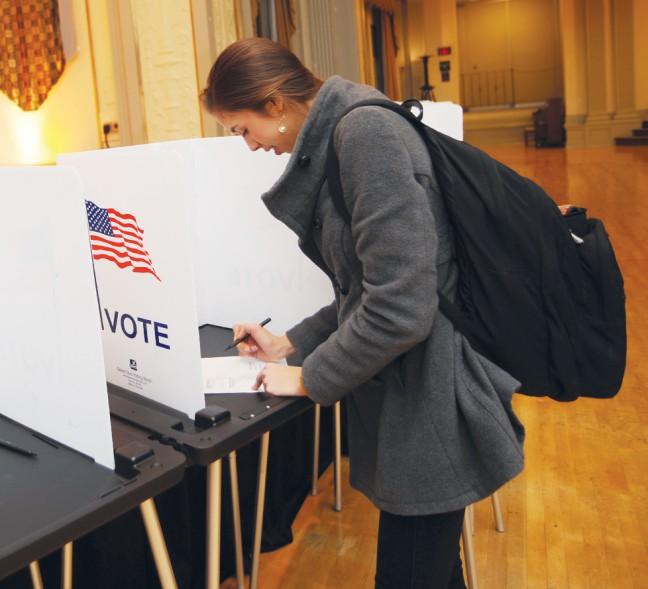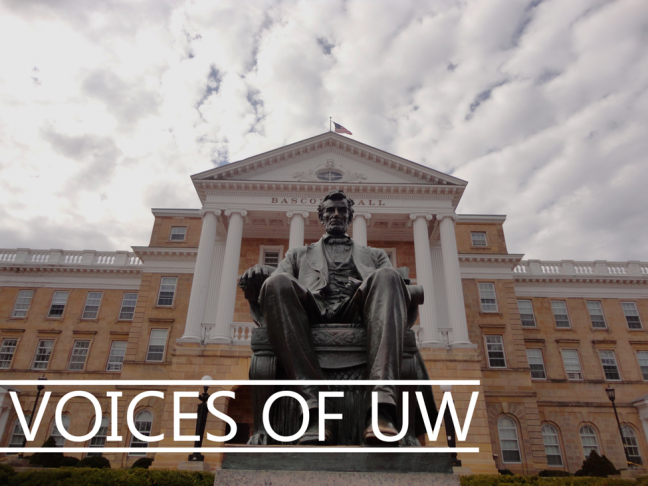Dear Editor,
With just under three weeks to go, the pressure is on to get out the vote for what will certainly be an election with profound implications – given that in a speech at the University of Wisconsin-La Crosse, Vice President Joe Biden argued the two parties have “fundamentally different [visions] for America.” While there certainly are differences between the parties, they share a strikingly similar neoliberal vision for our country’s future.
Both parties have proposed significant cuts to social programs like Medicare and Social Security. Considering the current administration’s unprecedented attacks on civil liberties, support for the largest and most unpopular oil pipeline project this country has ever seen and a record number of deportations, it is clear that there are fundamental similarities between President Barack Obama’s vision and that of his opponents.
Take foreign policy. Peace Prize-winning Obama has not only been responsible for a “kill list” with targets that include children, but also a significant increase in drone attacks. Even Democrats admit there is little difference between the candidates in this area.
With regards to K-12 education, Obama should not be called the “lesser of two evils,” but rather the more effective evil. Business executives themselves have credited the Obama administration’s “Race to the Top” program for the significant increase in private investments in public education that totaled $389 million last year, up from $13 million in 2005.
Why do these supposedly polarized parties agree on so many key issues? To find an answer, we must look at who really controls American electoral politics – corporations.
With the Citizens United ruling came an upsurge in the already obscene amounts of corporate expenditures on political campaigns across the country. During the current election season, the presidential campaigns alone are projected to spend a record-setting almost $6 billion, much of which will be donated by large donors expecting some favors in return.
Corporate influence doesn’t end at campaign finance. Throughout their careers, all politicians are subject to systematized corporate tutelage through a series of nonprofits like the American Legislative Exchange Council. At events hosted by these supposedly nonprofit groups, legislators of both parties receive training and model legislation from corporations pursuing their own interests. This system of education ensures that no matter who we elect to office, we can be sure their hand will be held by corporations with hidden agendas far away from the public eye.
All of this points to a corrupt political system and suggests that simply voting a new person into office every few years will not actually create significant change. Does that mean we should give up all hope? Of course not!
As a Socialist I believe the collective power of the 99 percent can create meaningful change. The Chicago Teachers Union’s recent strike provides an example of where to begin. Rather than relying on Democratic candidates who promote the corporate agenda for education under the aegis of “reform,” CTU struck for nine days and won a significant victory in defense of public education. This is the kind of struggle that can reshape our country and our world.
So when the polls open next month, remember that what is most important in determining the future is how we act in the days and months after the election. We must organize, regardless of who wins on Nov. 6, to fight for a better world.
Sarah Blaskey ([email protected]) is a member of the International Socialist Organization.











